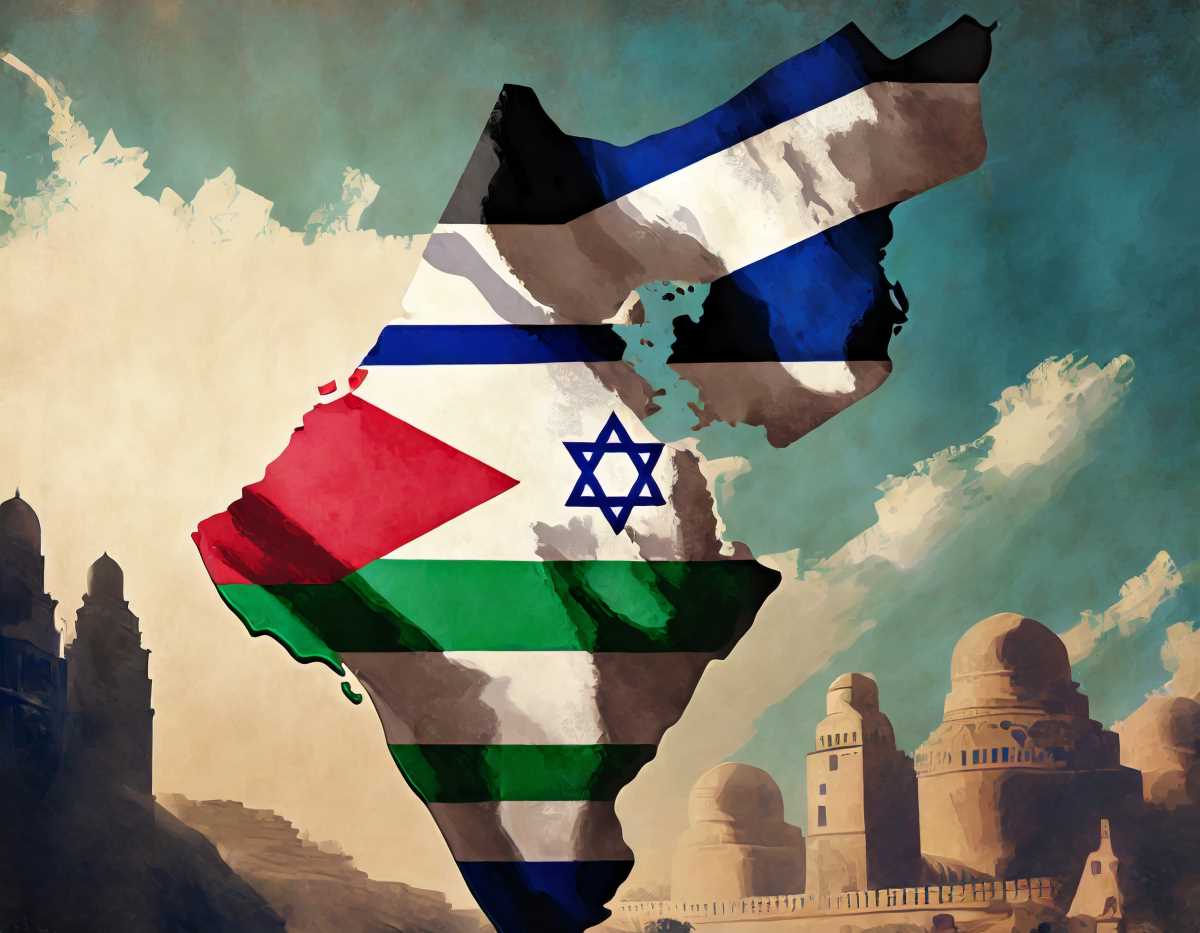Unconventional Solutions to Israel-Palestine Conflict
Amidst the enduring Israel-Palestine conflict, experts urge a novel approach – prioritize lives over politics, seek justice, and rekindle dialogue. The quest for peace takes center stage, with calls for a ceasefire and international conferences, challenging old narratives.

In a world plagued by ceaseless strife, the turmoil between Israel and Palestine has risen to the forefront, demanding not only a thoughtful approach but also some outside-the-box thinking. After all, the pursuit of peace in the Middle East is an issue that has been ongoing for decades, and it's time someone changed the tune.
As experts from the Faculty of Political and Social Sciences at UNAM aptly put it, the road to peace in Israel and Palestine must undergo a serious overhaul. This calls for a hearty mix of regional and global efforts, aiming to improve the lives of people in both territories and, above all, to uphold human dignity. Peace, they emphasize, is elusive, forever eluding our grasp unless we can catch justice, mutual recognition, and a real commitment from international players.




